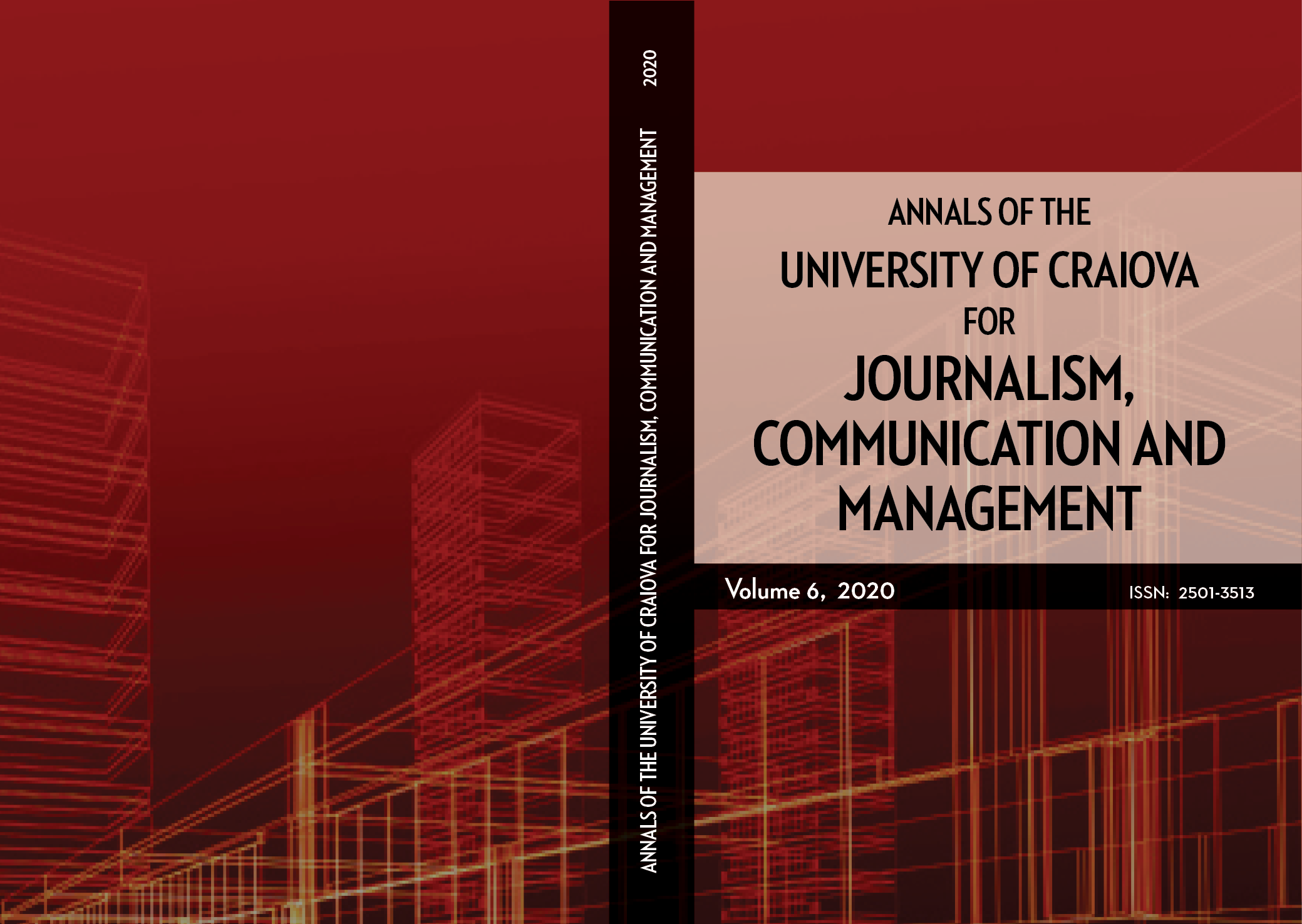A CRITICAL ANALYSIS OF THE POWER THEORIES OF FOUCAULT, BOURDIEU, AND HABERMAS IN THE CONTEXT OF HIGHER EDUCATION RESEARCH
A CRITICAL ANALYSIS OF THE POWER THEORIES OF FOUCAULT, BOURDIEU, AND HABERMAS IN THE CONTEXT OF HIGHER EDUCATION RESEARCH
Author(s): Victor J. PitsoeSubject(s): Ethics / Practical Philosophy, Contemporary Philosophy, Higher Education , Sociology of Education, Philosophy of Education
Published by: Editura Sitech
Keywords: Power; Discourse; Social Stratification; Ethics; Habitus; Symbolic Power; Liberty; Self-Determination;
Summary/Abstract: The article adopts three theoretical frameworks to explore the intricacies of "power." His discourse ethics contradict Habermas's belief in oppressive power. Free speech and ethical debates disregard power, contrary to Foucault's claim that the two are intrinsically related. Contrary to Foucault's insistence that power and history were inseparably linked, Habermas argued that one might seek truth apart from the other. There are two perspectives on power in Bourdieu's dialectical materialism: the subjective and the objective. Work is controversial, relevant, and dynamic, in his view. Habitus symbolism may shed light on the ways in which players unwittingly adhere to social norms. On one point, Bourdieu differs with Habermas: power is something that happens in society and in people's lives. Bourdieu uses Marx's theory of power to promote equality and comprehend social stratification. Ideologies of dominating power impact academics' problem-solving and report-writing. In contrast to Habermas's power-seeking consciousness, Bourdieu's practice-based, sophisticated perspective goes beyond structures and individuals. The disciplinary power of Foucault exposes patterns of covert speech, in opposition to Habermas's aim for free speech principles. The term "power" covers a wide range of events with various features; therefore, picking the correct theory to examine is vital.
Journal: Annals of the University of Craiova for Journalism, Communication and Management
- Issue Year: 9/2023
- Issue No: 1
- Page Range: 19-30
- Page Count: 12
- Language: English

